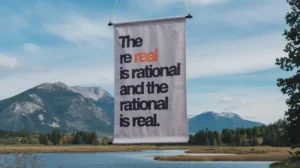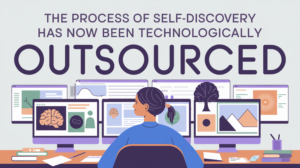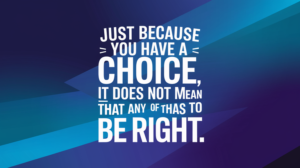The Empires of the Mind: Charting the Future of Power
In a world defined by accelerating change, the nature of power itself is undergoing a profound transformation. Winston Churchill’s prophetic declaration, “The empires of the future will be the empires of the mind,” resonates with increasing relevance in the 21st century. As traditional bastions of power, rooted in military might and territorial conquest, gradually recede, a new paradigm is emerging, where knowledge, innovation, and intellectual capital reign supreme.
The Shift from Brawn to Brain
Historically, empires were built on the strength of armies, the vastness of territories, and the control of natural resources. However, the digital revolution and the rise of the knowledge economy have disrupted this age-old equation. The empires of the future will not be defined by physical borders or military prowess, but by their capacity to generate, harness, and disseminate knowledge.
In this new era, intellectual capital, creativity, and innovation will be the currency of power. The ability to generate new ideas, develop cutting-edge technologies, and adapt to the rapidly changing global landscape will determine a nation’s influence and prosperity. The empires of the mind will be those that invest in education, research, and development, fostering an environment where creativity and critical thinking thrive.
The Democratization of Knowledge
The internet has democratized access to information, empowering individuals and communities across the globe. The barriers to entry in the knowledge economy are lower than ever before, allowing anyone with an internet connection to access vast repositories of information, connect with experts, and collaborate on projects. This democratization of knowledge has the potential to level the playing field, enabling developing nations and marginalized communities to leapfrog traditional power structures and emerge as leaders in the new global order.
However, the democratization of knowledge also poses challenges. The proliferation of misinformation, fake news, and online echo chambers threatens to undermine the integrity of information and erode trust in institutions. The empires of the mind will need to navigate this complex landscape, promoting media literacy, critical thinking, and ethical information practices.
The Rise of Soft Power
In the empires of the mind, soft power – the ability to influence others through attraction and persuasion rather than coercion – will play an increasingly important role. Cultural influence, diplomatic finesse, and the promotion of shared values will be essential tools for shaping the global narrative and building alliances. The empires of the mind will be those that project a positive image, champion universal values, and inspire others to emulate their example.
India, with its rich cultural heritage, democratic traditions, and burgeoning knowledge economy, is well-positioned to emerge as a leading empire of the mind. The country’s vast pool of talented scientists, engineers, and entrepreneurs, coupled with its commitment to education and innovation, offers immense potential for growth and development. By investing in human capital, promoting scientific research, and fostering a culture of creativity and critical thinking, India can harness the power of the mind to shape its destiny and contribute to a more equitable and sustainable global order.
The Ethical Imperative
The empires of the mind will not only be defined by their intellectual prowess and technological advancements, but also by their ethical and moral compass. In a world where knowledge is power, the responsible and ethical use of that power will be paramount. The empires of the mind will be those that uphold the values of human dignity, social justice, and environmental sustainability, using their influence to promote peace, cooperation, and the common good.
Conclusion
The empires of the future will be the empires of the mind. This paradigm shift presents both challenges and opportunities for individuals, communities, and nations across the globe. The ability to adapt to the knowledge economy, harness the power of innovation, and promote ethical and responsible practices will determine who thrives and who falls behind in the 21st century. By embracing the power of the mind, we can create a future where knowledge, creativity, and compassion reign supreme, shaping a more equitable, sustainable, and prosperous world for all.







